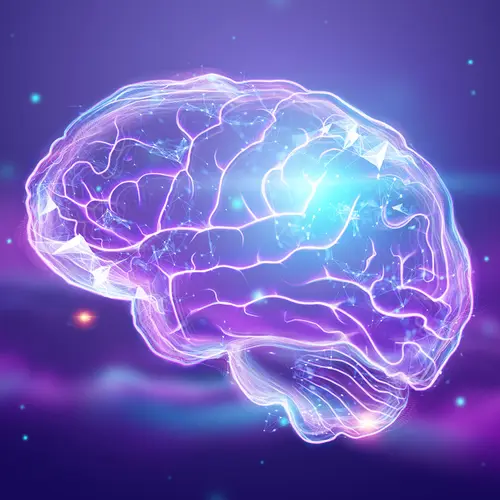Many medications on the market today are prescribed for one condition but have been found to help others as well. Is your drug doing double duty?
"Many drugs do have added benefits," says Marc Siegel, MD, clinical associate professor at New York University School of Medicine. Aspirin, for example, can not only treat headaches, but it also reduces the risk of heart attack and has been shown to possibly lower the risk of breast and colon cancer, to name just a few of its benefits.
Sometimes a drug is studied for one purpose and is then found to have another effect. Siegel says researchers investigating Viagra as a heart medication, for example, found that it caused erections; as a result, it became a best-selling treatment for erectile dysfunction. It has also been found to be an effective therapy for altitude sickness and can reverse the libido-lowering effect of antidepressants in women, Siegel says.
Beta-blockers are another multipurpose class of drugs, Siegel says. They not only lower blood pressure, but they can also be used to treat the pain of angina, slow heart rate and prevent disturbances in heart rhythm, prevent migraines, and stave off panic attacks and stage fright by preventing a surge in adrenaline.
Antianxiety medications such as Valium and Xanax can also be used as muscle relaxants, Siegel says.
Prescribing a medication for a condition other than that for which the drug has received FDA approval is a common occurrence, says Siegel, and is called prescribing "off label." "FDA guidelines are helpful, but they're not an all-or-nothing ruling. As long as the drug is on the market, it's OK for the doctor to use his judgment when prescribing it."
What is not OK, he says, is for patients to start medicating themselves. Just because you've read, for example, that antidepressants can ease hot flashes does not mean that it's all right to borrow a handful of someone else's pills.
"Never take anyone else's medicine," Siegel cautions. "These are prescription drugs and they're by prescription for a reason. Always call your doctor and ask for his or her recommendation for your individual condition."
Statins Do Double Duty
With that warning given, Siegel goes on to say that there are a number of other medications on the market that also show more than one benefit.
As mentioned above, the latest generation of antidepressants, such as Prozac and Effexor, can reduce hot flashes by as much as 50%, making them a possible alternative for women who can't or don't want to take hormone replacement therapy.
The drugs known as statins, which are used primarily to lower cholesterol, are showing much promise when it comes to fighting a number of other conditions. Recent studies have shown that statins may lessen the risk of bone fractures in older women, although the results are not conclusive yet and researchers are calling for further investigation.
Statins are also being recommended for nearly all patients with type 2 diabetes. In guidelines released by the American College of Physicians in the April 20, 2004, issue of the Annals of Internal Medicine, lead researcher Vincenza Snow, MD, recommended that anyone with type 2 diabetes and at least one heart disease risk factor should be taking one of the statins. The risk factors are:
Diuretics, which are used to treat high blood pressure by reducing fluid levels in the body, are believed to reduce the risk of Alzheimer's disease by as much as 75%, according to research reported at the 9th International Conference on Alzheimer's Disease and Related Disorders. Once Alzheimer's disease has developed, the oral diabetes medicine Avandia may improve memory and thinking ability in people with a mild form of the disease.
Epilepsy Drug Has Many Uses
Topamax, used to control epileptic seizures, may offer new treatment options for other conditions as well. Researchers at the University of Texas Health Science Center in San Antonio found that alcoholics taking Topamax were able to reduce their daily alcohol intake and increase the number of alcohol-free days they had while attending an alcoholism treatment program. Topamax is thought to work by inhibiting the release of dopamine, stimulated by alcohol, in the brain's "reward" center, thus curbing alcohol cravings.
In another study, Topamax was unexpectedly found to improve scars, lessening discoloration and improving their cosmetic appearance. In August, the drug was also approved by the FDA for preventing migraine headaches in adults. A study published earlier this year in The Journal of the American Medical Association reported that patients who took Topamax had half as many migraine headaches a month as patients taking a placebo. Most migraine medications on the market are designed to relieve symptoms after a migraine appears.
One such medication used to treat the symptoms of migraine may also chill hot flashes. The drug, called Neurontin, is approved by the FDA to control epileptic seizures and is also used to treat bipolar disorder as well as some social phobia disorders. In the June 2000 issue of Neurology, Thomas J. Guttoso Jr., MD, studied the effect of Neurontin on a handful of patients and found that the drug "reduced the frequency of hot flashes by about 87%" in the six patients he studied.
